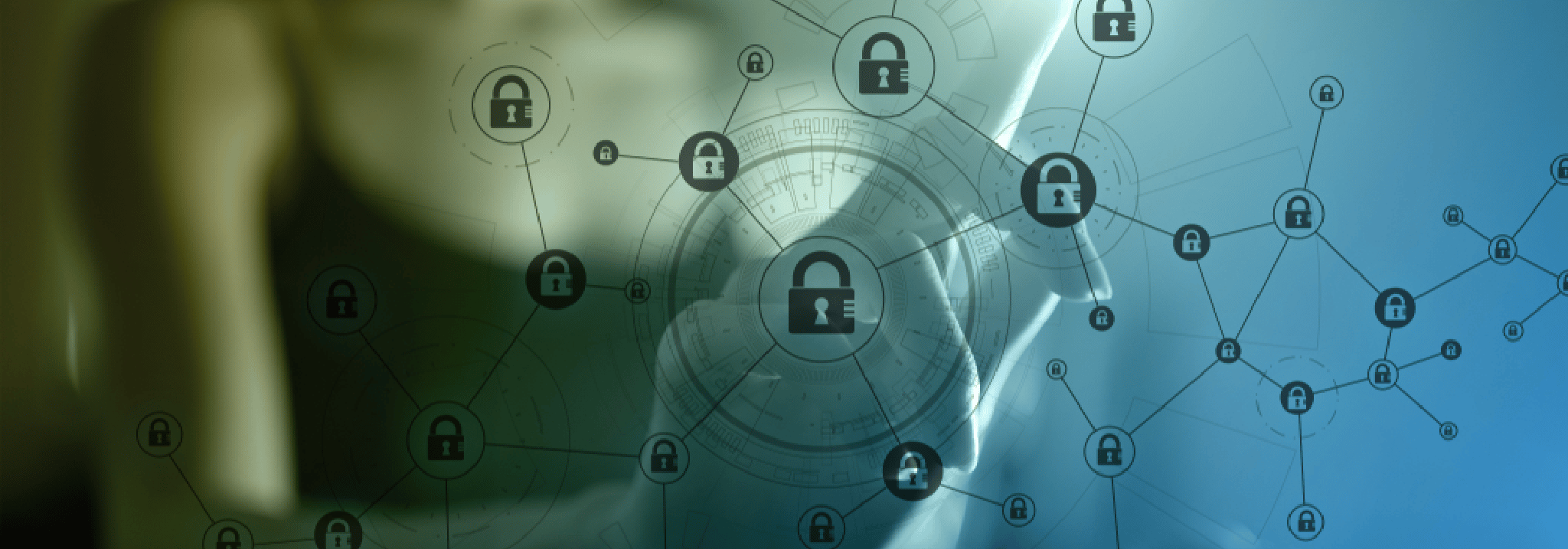Los mejores consejos para proteger sus activos digitales
Con el pasar de los años, la popularidad de las criptomonedas está aumentando constantemente, hasta el punto de que varias personas están interesadas en tener también sus propias monedas. Dado que se trata de grandes cantidades de dinero, la plataforma suele ser un objetivo para las estafas y los fraudes dentro de la comunidad de criptomonedas.
Si el concepto de criptodivisas es nuevo para usted, se trata de una moneda digital descentralizada que se utiliza para intercambiar bienes y servicios en línea. Al estar descentralizada, ninguna entidad o autoridad gubernamental tiene control sobre sus transacciones. Además, los fondos se envían directamente al receptor porque se anula el uso de terceros.
Todas las transacciones se registran en un libro contable público distribuido llamado blockchain. Aunque esté abierto al público, nadie puede cambiar ninguna información porque está hecho con complicados códigos criptográficos.
Cuando utilice criptodivisas para realizar sus apuestas en Bitcasino o para comprar cualquier bien o servicio en línea, lo mejor es elegir un monedero electrónico de confianza (wallet) para hacer esas transacciones. Un monedero de criptomonedas es un programa de software donde puede almacenar sus criptomonedas. También permite enviar y recibir fondos.
5 trucos para evitar los criptoataques
Incluso si sólo está buscando nuevas criptomonedas en las que invertir, la mayoría de los ataques de malware pueden camuflarse y robarle información sin saberlo. De hecho, incluso un inversor frecuente en criptomonedas puede sufrir ataques. Por eso siempre hay que tener cuidado con cada transacción.
Para que usted esté atento, estos son algunos de los consejos para evitar criptoataques:
Consiga un monedero de criptomonedas seguro
Elija un monedero criptográfico que esté regulado y tenga licencia para operar. Tómese su tiempo para investigar y buscar opiniones. La mayoría de las veces, aquí es donde se pueden ver los pros y los contras del uso de los monederos criptográficos.
Una vez que haya creado una cuenta para su criptomonedero preferido, lo mejor es verificar su cuenta inmediatamente. Esto es para asegurarse de que su cuenta existe. Lo mejor es que también puede recibir algunos beneficios una vez que verifique su cuenta.
Evite utilizar una conexión pública a Internet
Debe evitar utilizar una conexión pública a Internet, incluso si sólo va a comprobar la cantidad que tiene en su monedero, porque una conexión pública a Internet es un antro de hackers. Pueden utilizar el tráfico de Internet para infiltrarse en su dispositivo.
Si no tiene otra opción, no debe hacer clic en ningún enlace sospechoso. También puede utilizar una red privada virtual (VPN) que le proporciona privacidad en línea mediante la creación de una red privada.
Compruebe tres veces al hacer las transacciones
Compruebe siempre tres veces cuando envíe o reciba fondos porque las transacciones de criptografía son irreversibles. Asegúrese de que sólo comparte la dirección de su criptobilletera con la persona con la que desea realizar la transacción. Esto es para evitar la posibilidad de que los piratas informáticos se infiltren en su monedero de criptomonedas utilizando un virus de robo de criptomonedas.
Utilice la autenticación de factores múltiples o encripte sus archivos
Proteja su cuenta aún más utilizando la autenticación de factores múltiples. Es una función que requiere múltiples formas de verificar su intento de inicio de sesión. También debería encriptar sus archivos y utilizar contraseñas complicadas. Eso hará más difícil que los hackers accedan a su monedero y a sus activos criptográficos.
Utilice un software de seguridad para Internet seguro y eficaz
Utilice un software de seguridad en Internet eficaz para garantizar la seguridad de sus criptomonedas y otros datos, incluso si realiza varias transacciones. El uso de un software de seguridad en Internet también puede bloquear las ventanas emergentes, los enlaces sospechosos y los correos electrónicos.
¿Qué es el malware?
Por si usted no lo sabía, el Malware es el nombre conocido de un "software malicioso" que se crea para robar datos o para infiltrarse y dañar el sistema de su dispositivo sin su consentimiento. Se suele utilizar para describir diferentes amenazas informáticas, como un gusano, un programa espía o un troyano. Para que tenga una idea, estos son algunos de los ataques de malware más comunes en blockchain (cadena de bloques):
Ataque de Sybil
Un ataque de sibil puede apoderarse de cientos de nodos de la red de blockchain y acabar tomando el control del sistema. En la mayoría de los casos, este tipo de ataque de malware interrumpe las operaciones creando una nueva cuenta o simulando solicitar su información para manipularlo a usted y que proporcione todos sus datos.
Ataque a través de ruteadores
El ataque por enrutamiento se infiltra en la red a través del tráfico de Internet. También permite a los hackers manipular sus transacciones e incluirse como un tercero sin su permiso.
Negación directa del servicio (DDoS)
Se trata de un tipo de ataque de malware que utiliza un flujo de peticiones falsas para impedir que su servidor reciba peticiones de usuarios reales. Aunque no pueden robar directamente su información, este tipo de ataque ayuda a los atacantes a ganar tiempo mientras urden su plan.
Pop-ups
Las ventanas emergentes de propaganda son el tipo de ataque de malware más común cada vez que se abre un sitio web. Pueden servir de máscara para recopilar información o incluso rastrear su historial de navegación.
Troyanos
Los troyanos son el tipo de malware más peligroso que se hace pasar por una aplicación o programa que usted utiliza normalmente para robar sus datos sin impedimento.
Phishing
Los ataques de malware de phishing son los que suele ver en su bandeja de entrada de correo electrónico. La mayoría de las veces, se hacen pasar por una empresa conocida y le piden que rellene un formulario o haga clic en un enlace para verificar su cuenta. El enlace es un virus que inmediatamente hackea y roba su información en cuestión de segundos.
Gusanos
Los worms (o gusanos) son programas maliciosos que se autorreplican y consumen una gran cantidad de memoria del sistema, haciendo que su dispositivo, sistema o incluso servidor deje de funcionar correctamente.
Spyware
El spyware es un programa que recoge cualquier información de usted. Puede ser su historial y los datos de los programas que utiliza con frecuencia. Esta información puede ser la de su tarjeta bancaria o cualquier dato personal.
Virus
Los virus son códigos de programas que se descargan en su sistema sin que usted se entere. La mayoría de las veces se trata de enlaces a archivos que se envían. Por ejemplo, un virus se descargará en su cuenta en cuanto haga clic en el enlace. Puede hacerse pasar por usted y enviar mensajes a sus listas de contactos sin permiso.
Aunque tenga la conexión a Internet más segura y el mejor monedero de criptomonedas, tenga siempre cuidado cuando haga transacciones o apuestas con criptomonedas en sitios como Bitcasino.















